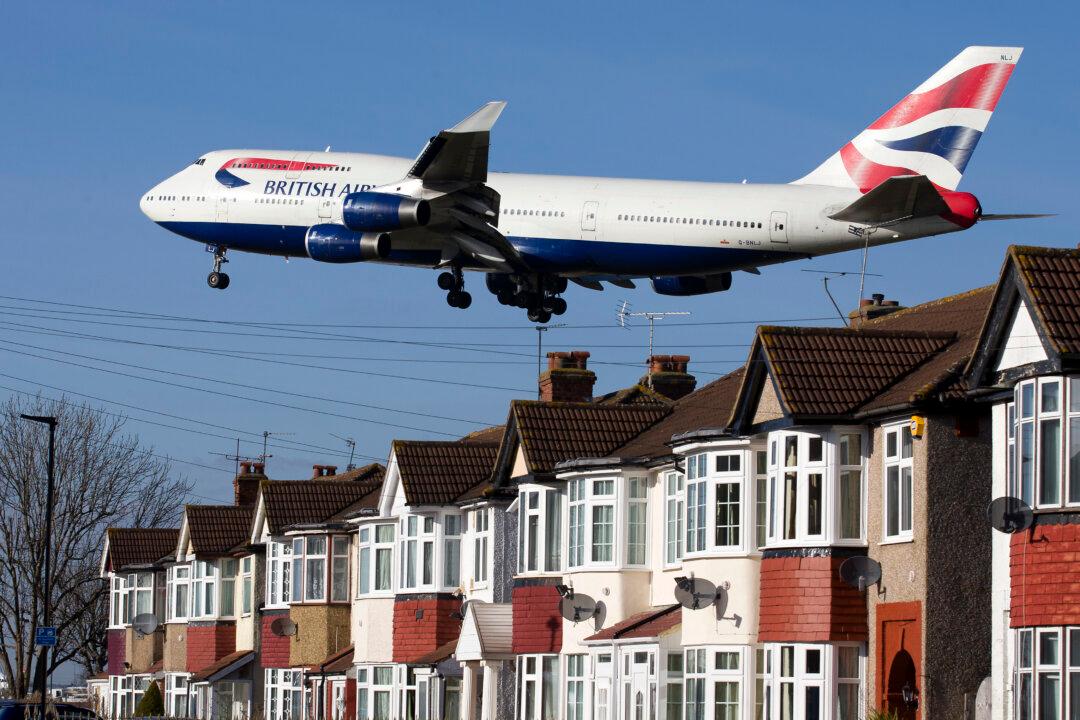Scientists who specialise in climate change take “significantly” more flights—an activity they believe contributes to global warming—than any other researchers, according to a new study.
Climate change researchers flew five times per year while their counterparts flew only four times annually, the study, carried out by a research centre based at Cardiff University, found.





